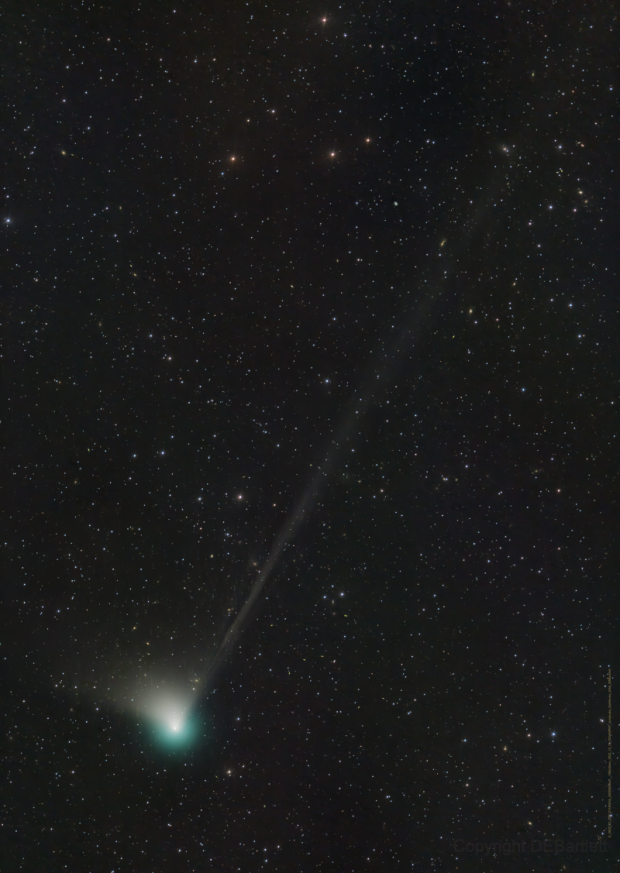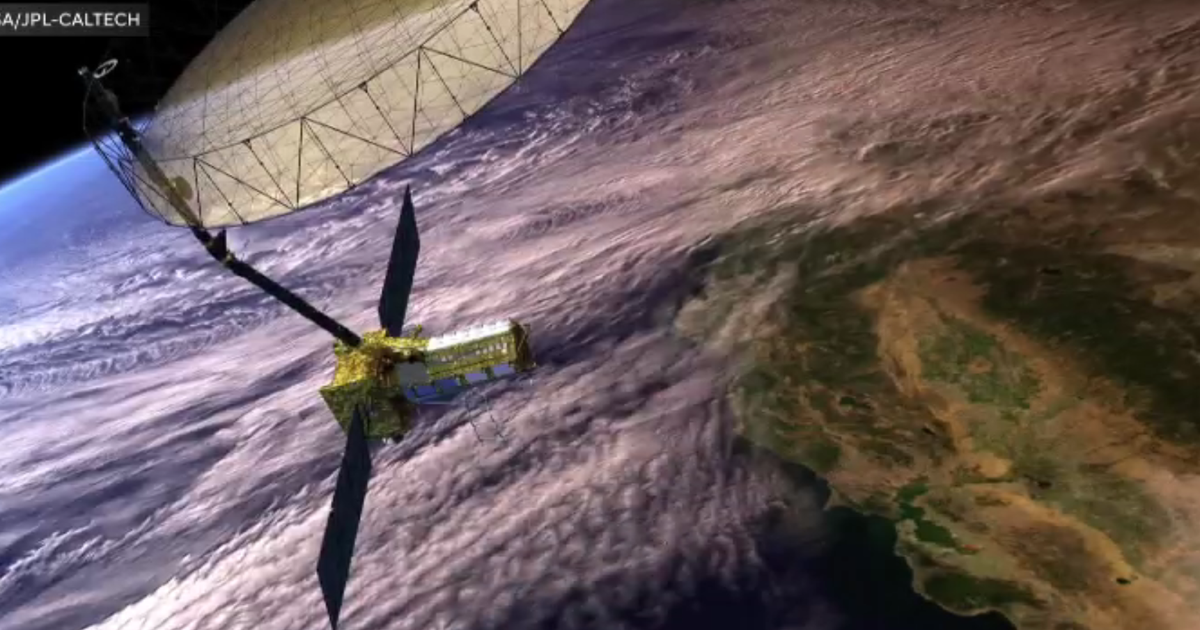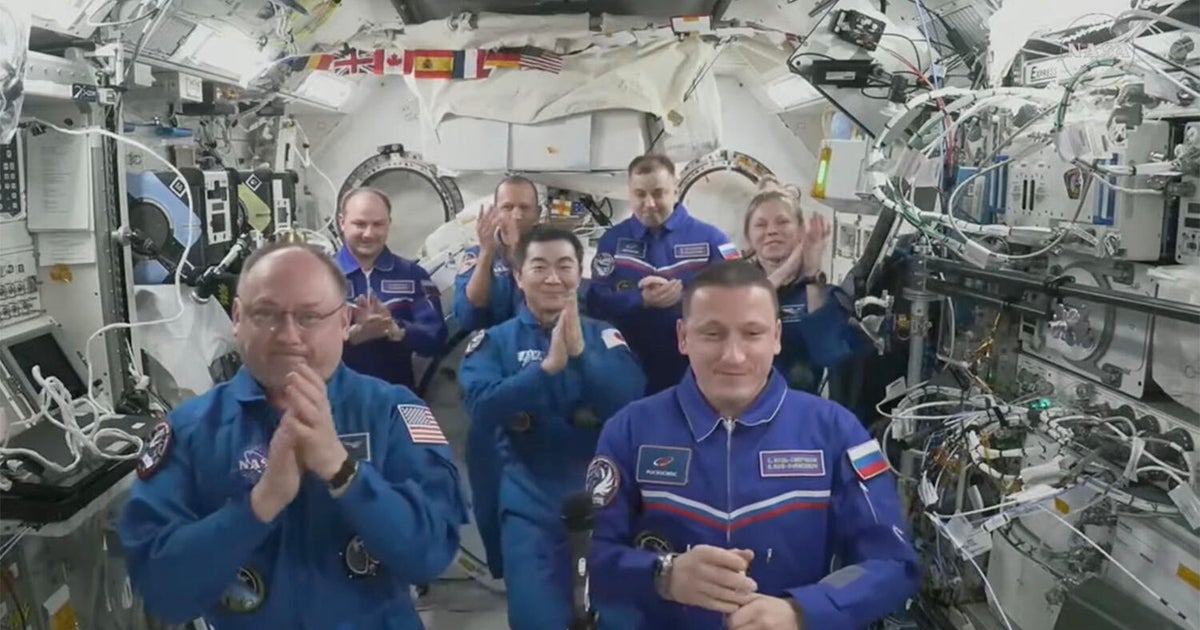New photos show a bright green comet that could soon be visible to the naked eye
A comet discovered by astronomers last year was captured in new photos early on Monday morning. The comet, called C/2022 E3 (ZTF), may become bright enough to be seen by the naked eye, according to NASA.
The comet was discovered in March 2022 by astronomers using the wide-field survey camera at the Zwicky Transient Facility in California. NASA shared a new photo of the comet taken on Monday by Jose Francisco Hernández.
It has been too dim to see without a telescope, but several people have been able to capture images of the comet as it sweeps across the Corona Borealis constellation.
The comet hasn't visited Earth or the inner solar system since the last ice age, according to Space.com.
The comet will reach its perihelion, or its closest point to the sun, on Thursday, Jan. 12. It is expected to reach its perigee, or pass nearest to the Earth, in early February, and is then expected to dim dramatically, according to NASA.
"Comets are notoriously unpredictable, but if this one continues its current trend in brightness, it'll be easy to spot with binoculars, and it's just possible it could become visible to the unaided eye under dark skies," NASA says.
It will be visible to observers in the Northern Hemisphere during early mornings in January and visible to the Southern Hemisphere in early February.
Whether or not the comet becomes visible to the naked eye, viewers can see it on a live stream on Jan. 12 hosted by the Virtual Telescope Project, which offers public viewings of several robotic telescopes.
The last comet visible to sky gazers was Comet NEOWISE in 2020. C/2022 E3 "isn't expected to be quite the spectacle," NASA says, "but it's still an awesome opportunity to make a personal connection with an icy visitor from the distant outer solar system."







